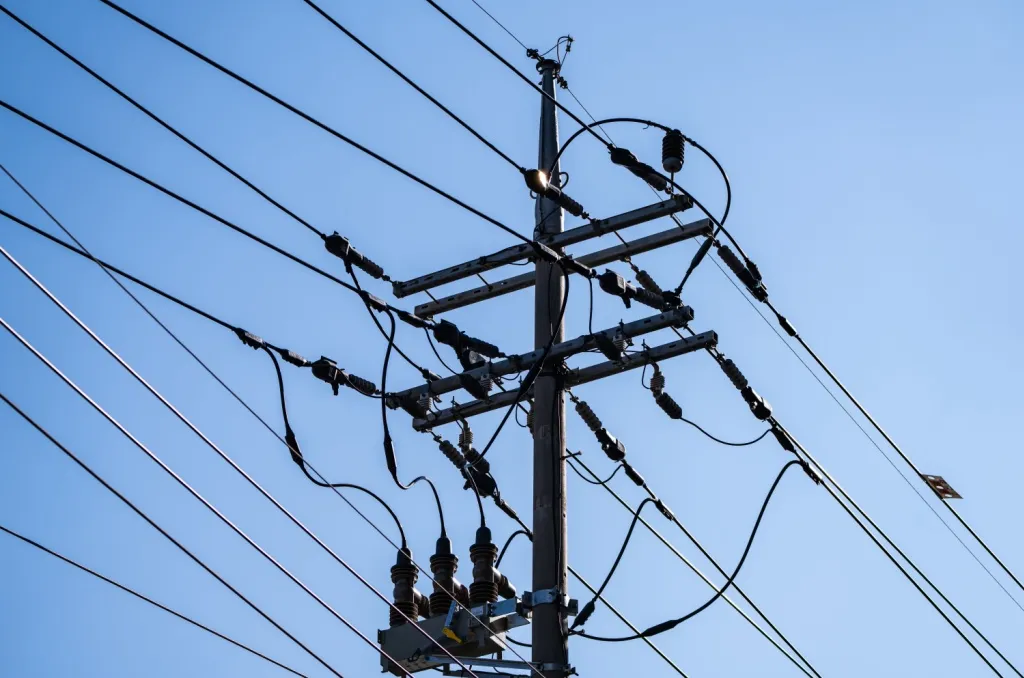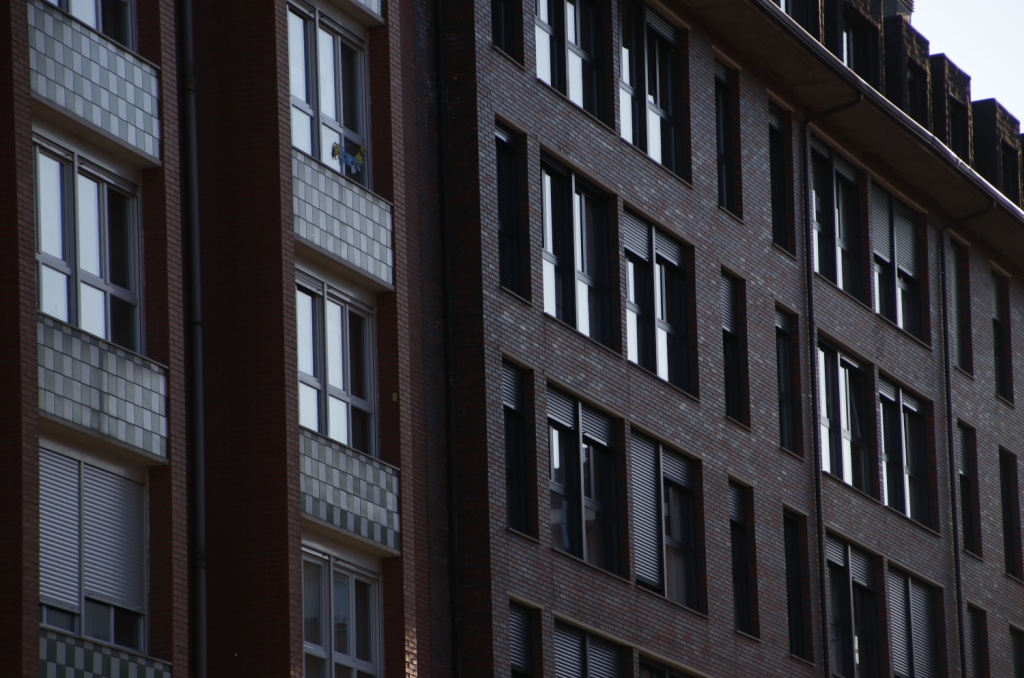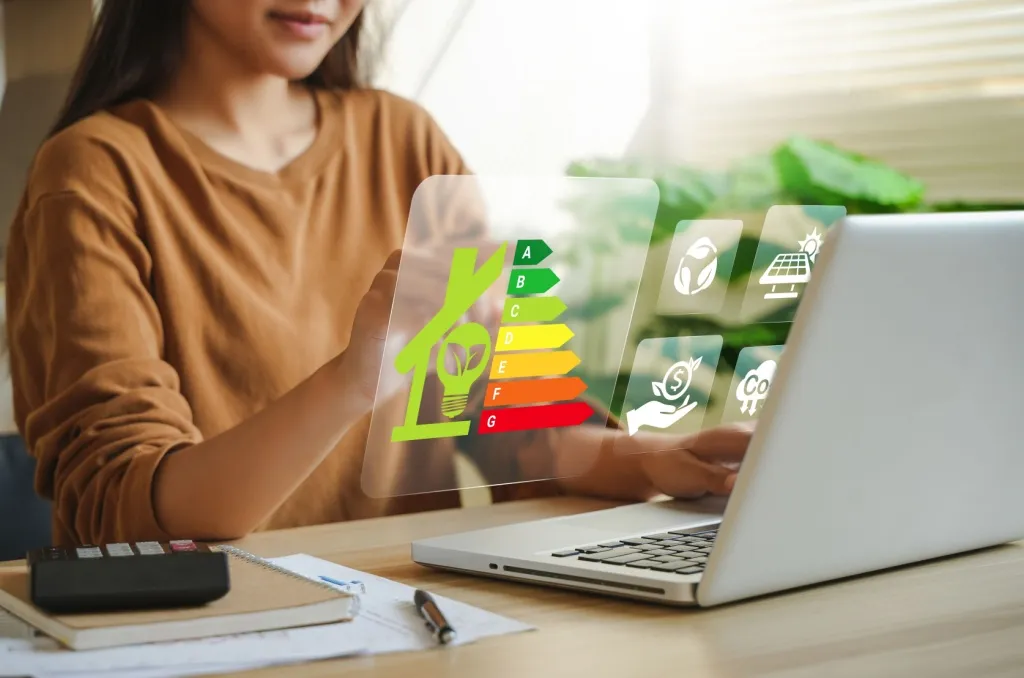As a renter, an often-overlooked feature many should consider when searching for apartments or touring a rental is the property’s energy efficiency rating. Understanding energy efficiency ratings can help lower your bills and make your living situation more sustainable.
So, let’s break it down and take a closer look at some of the most used energy efficiency ratings and why they should be on your radar.
What is an energy efficiency rating?
In a nutshell, an energy efficiency rating is a system that measures how well an apartment (or house) uses energy. The higher the rating, the more energy efficient the building is. The rating can relate to factors like how well your home retains heat in the winter or stays cool in the summer, or how energy efficient the appliances are.
Ratings in the U.S. are often provided by governmental organizations and are based on factors like the effectiveness of insulation, windows, and heating and cooling systems. Some states or cities even have local energy ratings for buildings.
Energy efficiency ratings you should know about
ENERGY STAR
ENERGY STAR is a program run by the U.S. Environmental Protection Agency (EPA) that provides energy efficiency ratings to help consumers identify products and buildings that use less energy without sacrificing performance.
For appliances, the Energy Star label means the product meets strict energy efficiency guidelines set by the EPA. For example, an Energy Star-certified fridge uses about 15% less energy than a standard model, which can lead to real savings over time.
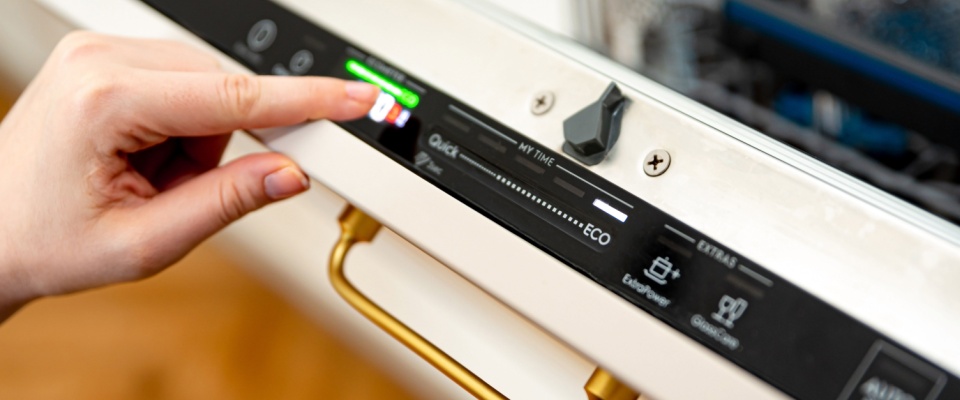
Energy Star also scores entire buildings, including apartment complexes. These buildings receive a score between 1 and 100 based on how efficiently they use energy (electricity, natural gas, and other sources) compared to similar buildings nationwide. Other factors may count, like square footage, occupancy, climate zone, and operating hours. A building that scores 75 or above is considered a top performer and may qualify for Energy Star certification.
Home Energy Score
Developed by the U.S. Department of Energy (DOE), this rating helps homeowners and renters understand how energy efficient a home is. It uses a simple scale from 1 to 10, where 10 means the home is very efficient and 1 means there’s significant room for improvement.
To get a Home Energy Score, a trained and certified energy assessor visits the property and evaluates key parts of the home’s structure and systems. They’ll inspect and rate areas such as insulation levels, windows, doors, or heating and cooling systems.
While the Home Energy Score is more common in the home-buying world, you may still benefit from it if you rent a single-family home or a duplex. If a landlord or property manager can provide a Home Energy Score, it gives you a clearer picture of your utility costs and comfort.
HERS Index
The Home Energy Rating System Index was developed by RESNET (the Residential Energy Services Network) and is widely used across the U.S. to rate homes’ energy performance. A score below 100 means the home is more energy-efficient than average. A score of 0 means it’s a net-zero home, producing as much energy as it consumes in a year.

A certified HERS rater inspects the home and gathers detailed information about its construction, insulation, windows, heating and cooling systems, and overall energy use. They may also perform additional tests to measure air leaks.
While this energy efficiency rating is usually used in new home construction or by people buying a home, it’s becoming more common for rental homes. If you’re looking at a newer rental home or apartment community, especially one built in the last few years, ask if it has a HERS rating.
Why is energy efficiency important?
High energy efficiency means lower heating and electricity bills, which everyone can appreciate, especially when on a budget. A well-insulated home or apartment won’t need to rely as much on heating in the winter or air conditioning in the summer. This can be a big win when it comes to keeping costs down.
Even if utilities are included in your rent, a more energy-efficient building means your landlord may use less energy, which can lower the costs they pass down to you. On the flip side, a building with poor energy efficiency can use more energy than necessary, which may influence the rent price or lead to higher operating costs.
How to look for energy efficiency ratings
Unlike buying a home, where ratings and certifications might be upfront, rentals sometimes don’t advertise these details. Here’s where you can look:
- Ask your landlord or property manager. They might have this information on hand or could tell you about energy-efficient features like insulation, HVAC systems, or appliances.
- If you see energy-efficient appliances, such as a refrigerator with the ENERGY STAR label or a high-efficiency washer and dryer, that's a good sign the property cares about its energy use.
- Some cities and states have energy efficiency ratings or tools for renters. For example, in some areas, a local energy provider may give you access to an energy report for a specific building, letting you know how it measures up when it comes to energy consumption. Check if your area has these tools to gather additional information about your future home.
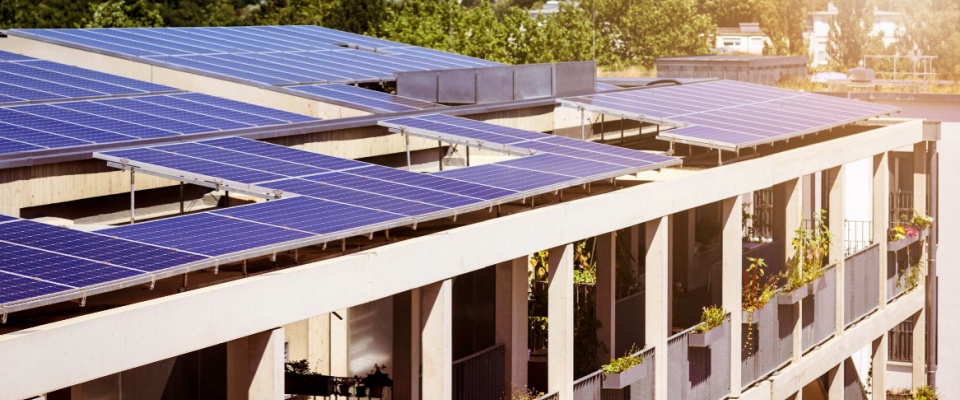
Understanding how to assess energy efficiency can help you save money, stay comfortable, and feel good about your living space. So, next time you're on the hunt for a new rental, remember to ask about the energy efficiency rating and be on the lookout for those energy-saving appliances. You’ll thank yourself when you’re not dealing with high electricity costs.


